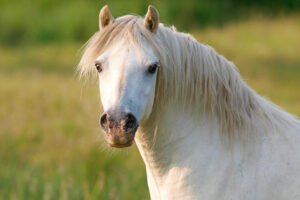
The Many Faces of Equine Metabolic Syndrome
Discover which horses and ponies have a higher genetic risk for EMS and how to manage them in the Spring 2024 issue of The Horse.

Discover which horses and ponies have a higher genetic risk for EMS and how to manage them in the Spring 2024 issue of The Horse.
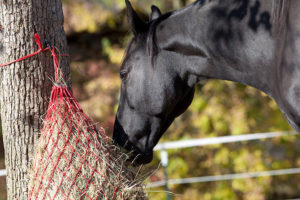
Sourcing lower energy hay and implementing slow-feeding strategies can help reduce your horse’s risk of becoming obese and developing metabolic problems.
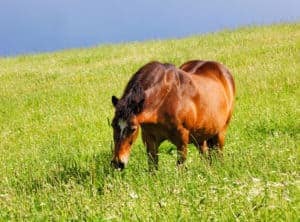
Researchers suggest high-protein diets might be harmful for horses with ID.
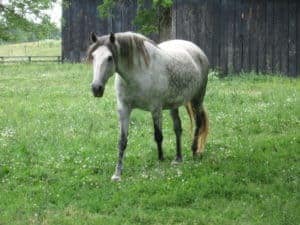
Veterinarians should consider medications for controlling hyperinsulinemia in horses only when diet and exercise prove insufficient.

This new system might make testing sick horses’ blood glucose levels more efficient.
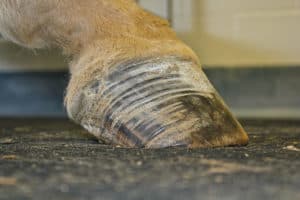
Find out how to recognize when a horse is at risk of developing EMS-related laminitis and what you can do to either prevent or manage it so he stays sound.
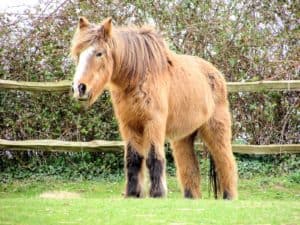
Dr. Luke Bass describes the unique joint changes that might be seen in horses with PPID and EMS.
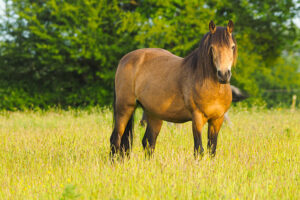
Here are some tips for promoting nonworking horses’ optimal health (and preventing potential problems) with nutrition.
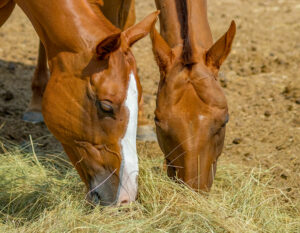
An equine nutritionist explains why NSCs, ESCs, and WSCs are important factors to consider when choosing hay for your EMS horse.
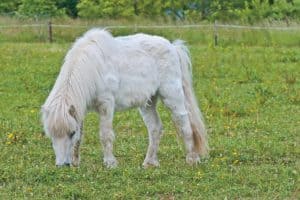
Equine practitioners are using recent research in their day-to-day practice to diagnose PPID, EMS, and ID.

Horses with ID are at greater risk of developing laminitis. Knowing if your horse has a metabolic problem can help you prevent this painful condition.

One equine nutritionist explains how to ensure your horse’s diet does not contain dangerous levels of sugar.
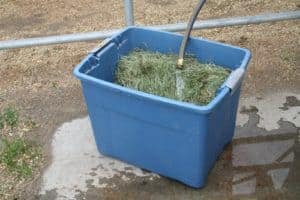
An equine nutritionist offers alternatives to soaking hay for horses that live in subfreezing climates during winter.
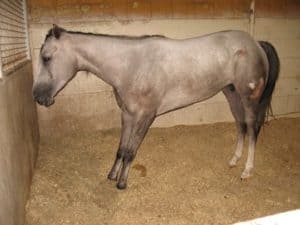
Learn why some horses are more likely to develop EMS and associated laminitis and how to tell if your horse is at risk.
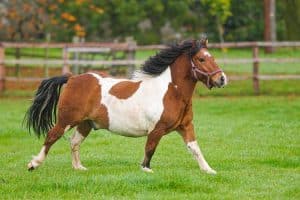
Learn how to help your horse shed his excess pounds safely.
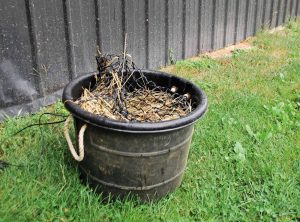
Soaking hay for horses with PPID or insulin dysregulation can reduce the WSC and ESC values, making it safer for these horses to consume.
Stay on top of the most recent Horse Health news with
© 2022 Copyright Statement dolor sit amet, consetetur sadipscing User Terms, sed diam nonumy eirmod tempor invidunt ut labore et dolore magna aliquyam erat, sed diam voluptua. At vero eos et accusam et justo duo dolores et ea rebum. Stet clita kasd gubergren, no sea takimata sanctus est Lorem ipsum dolor sit amet.
"*" indicates required fields